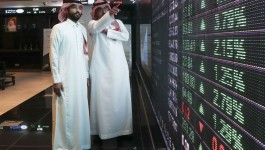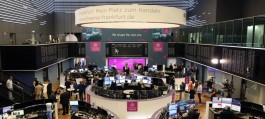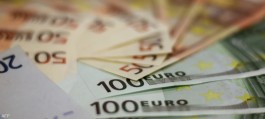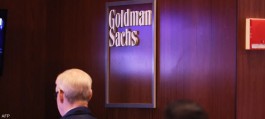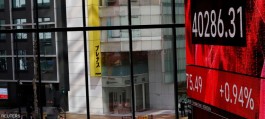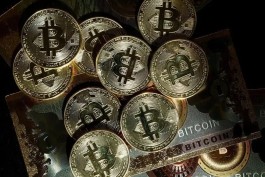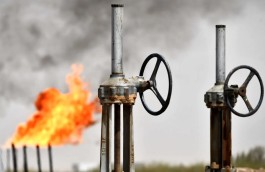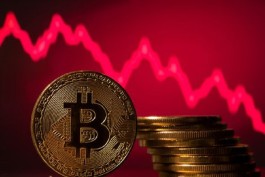Gold prices rose in local markets during trading on Saturday, coinciding with the global stock exchange's weekly holiday, after the ounce touched its highest levels ever at $2,685, after September inflation data indicated progress towards the Federal Reserve's 2% target.
Saeed Imbaby, CEO of the online gold and jewelry trading platform “iSaaga”, said that gold prices rose by EGP 10 in local markets during today’s trading, compared to the closing of trading yesterday, with the price of a gram of 21-karat gold recording EGP 3,600, while the ounce ended the week’s trading at $2,658, achieving a weekly increase of 1.4%, or $36, after the ounce touched $2,685, its highest level ever.
Mbappe added that the price of a gram of 24-karat gold recorded 4,114 pounds, the price of a gram of 18-karat gold recorded 3,086 pounds, the price of a gram of 14-karat gold recorded about 2,400 pounds, and the price of a gold pound recorded about 28,800 pounds.
Gold prices in local markets fell by 25 pounds during trading yesterday, Friday, as the price of a gram of 21-karat gold opened trading at 2,615 pounds and closed trading at 3,590 pounds, while gold prices fell on the global stock exchange by $32, as the ounce opened trading at $2,674 and closed trading at $2,658.
According to data from the iSaaga platform, gold prices on the global stock exchange rose by about $596, or 29% in 2024, the largest annual increase since 2010.
Gold fell to a three-day low after the US Bureau of Economic Analysis revealed that September inflation was on track to meet the Federal Reserve's target, supporting further monetary easing and a 50 basis point interest rate cut at its November meeting, but gold failed to gain momentum due to corrections and profit-taking.
Gold prices were expected to hit another record high, however, gold fell below the low, opening the door for a deeper decline.
The US core personal consumption expenditures index, which excludes volatile food and energy costs and is the US central bank's preferred measure of inflation, showed consumer prices remain elevated. The data showed the US core personal consumption expenditures index rose 2.7% in the past 12 months, up from 2.6% in July. However, headline inflation rose just 2.2% due to lower energy prices.
Imbaby pointed out that the assassination of Hassan Nasrallah will ignite the region, expand the scope of conflicts in the Middle East, and increase demand for gold, which is a safe haven in times of crisis, amid political uncertainty in the United States before the presidential elections in November.
The Lebanese Hezbollah announced the assassination of Hassan Nasrallah, the Secretary-General of Hezbollah, by the occupation army yesterday, Friday.
Meanwhile, Reuters revealed that gold ETFs saw modest net inflows last week and have yet to fully contribute to gold's rally, although analysts expect more activity from ETFs in the coming months.
In a related context, the markets are awaiting the speech of Federal Reserve Chairman Jerome Powell at the annual meeting of the National Association for Business Economics, next Monday.















